
Ranchi (Jharkhand), July 10, 2025 – Union Home and Cooperation Minister Amit Shah arrived in Ranchi on Wednesday evening to preside over the 27th Eastern Zonal Council Meeting, a high-level inter-state platform for addressing key governance and development issues in eastern India.
Leaders and officials from Jharkhand, Bihar, Odisha, and West Bengal gathered in the Jharkhand capital on Thursday to take part in the council meeting. Upon his arrival at the Birsa Munda Airport, Shah was warmly welcomed by Jharkhand BJP president Babulal Marandi and senior BJP functionaries.
Taking to X (formerly Twitter), Shah’s office shared images of his arrival, stating:
“Union Home and Cooperation Minister Shri @AmitShah ji arrived in Ranchi, Jharkhand for the 27th meeting of the Eastern Zonal Council. At the airport, State President Shri @yourBabulal ji and senior workers welcomed him.”


Established under Sections 15-22 of the States Reorganization Act, 1956, the Zonal Councils are strategic platforms set up to strengthen Centre-State and inter-State cooperation. There are five Zonal Councils in India—Eastern, Western, Northern, Southern, and Central—and each is chaired by the Union Home Minister. The Chief Minister of the host state becomes the Vice-Chairperson on a rotational basis.

Apart from the CMs, two ministers from each state are nominated by their respective Governors to participate. These councils work as advisory bodies to iron out differences and foster coordination on matters such as:
Boundary and security-related disputes
Infrastructure development (roads, transport, water, power)
Education and housing
Forest and environmental governance
The last Eastern Zonal Council meeting was held in Patna on December 10, 2023, where similar issues of regional concern were discussed. The recurring focus remains on strengthening cooperative federalism and achieving faster development through mutual collaboration.
As India pushes for regional development aligned with Viksit Bharat 2047, such zonal dialogues are crucial in addressing state-specific challenges through a collective policy framework.

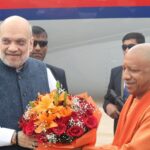



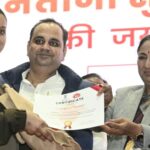





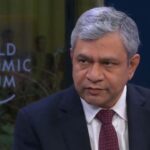
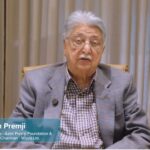
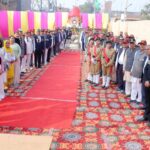




No Comments: